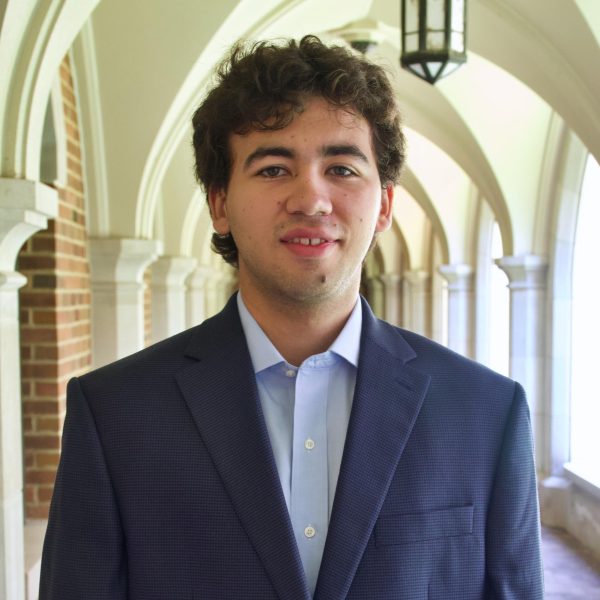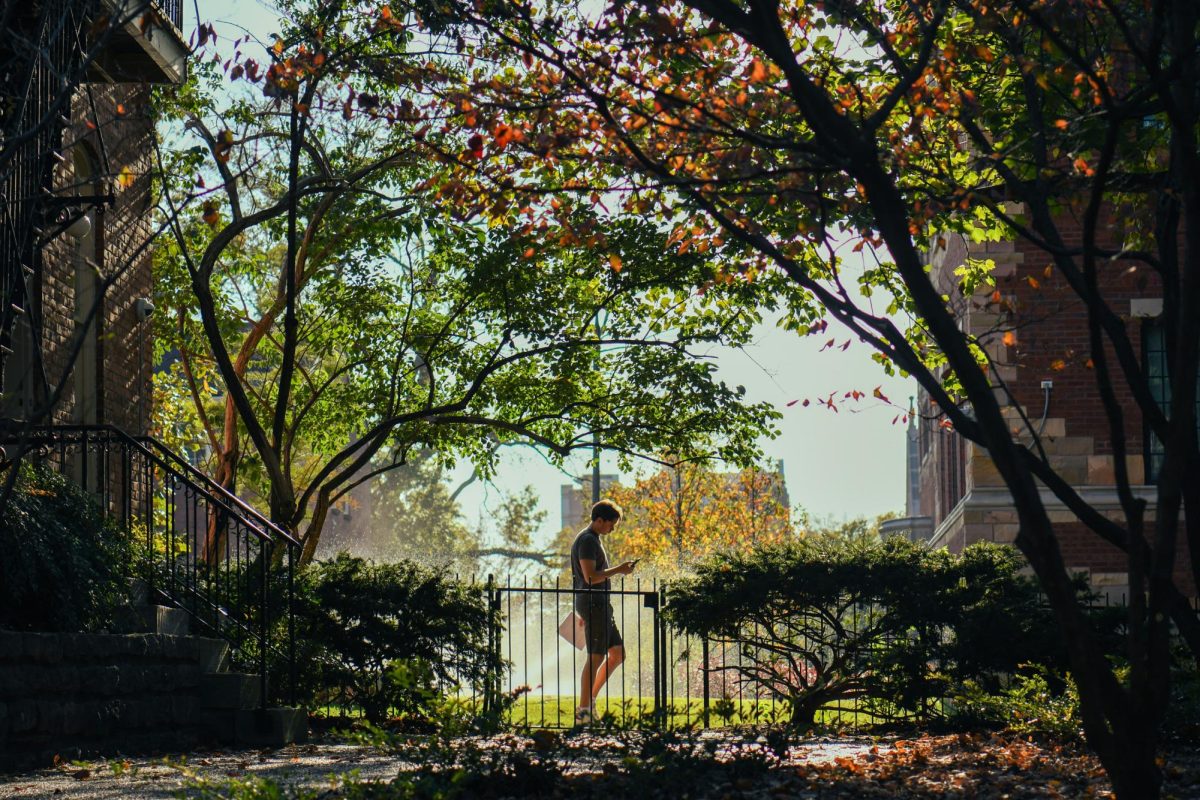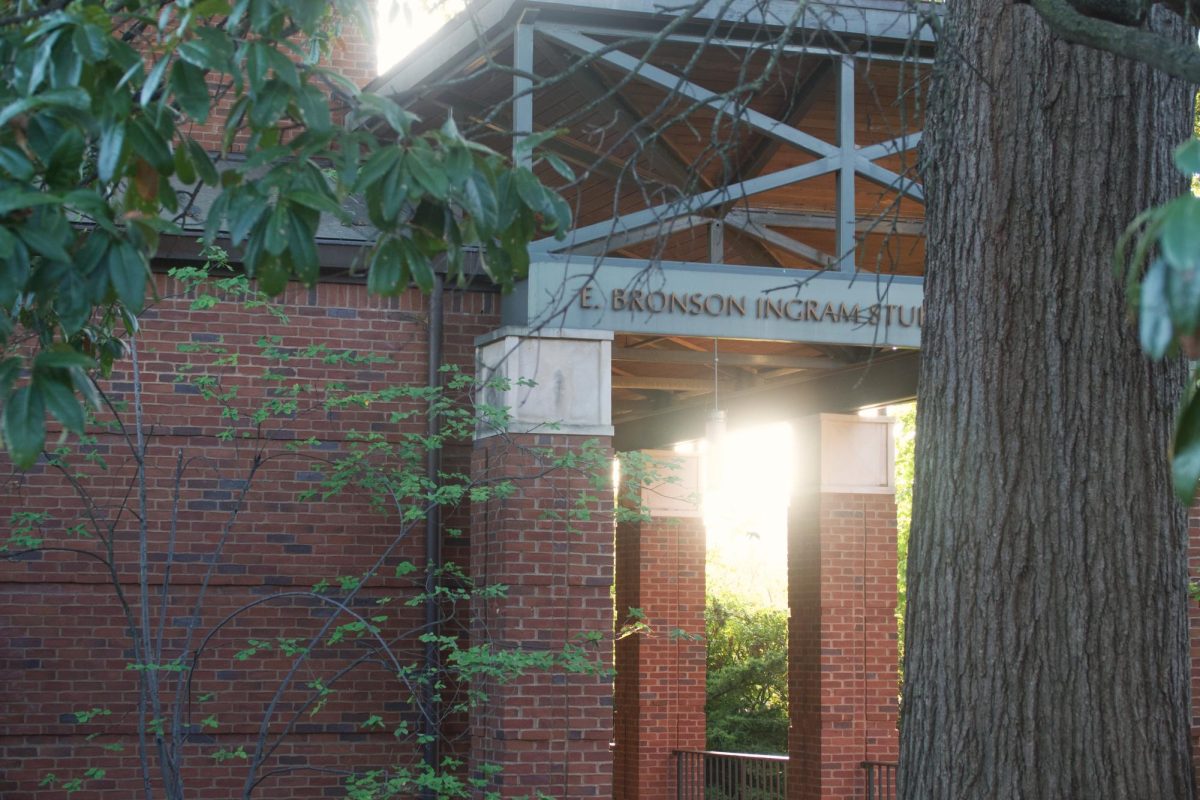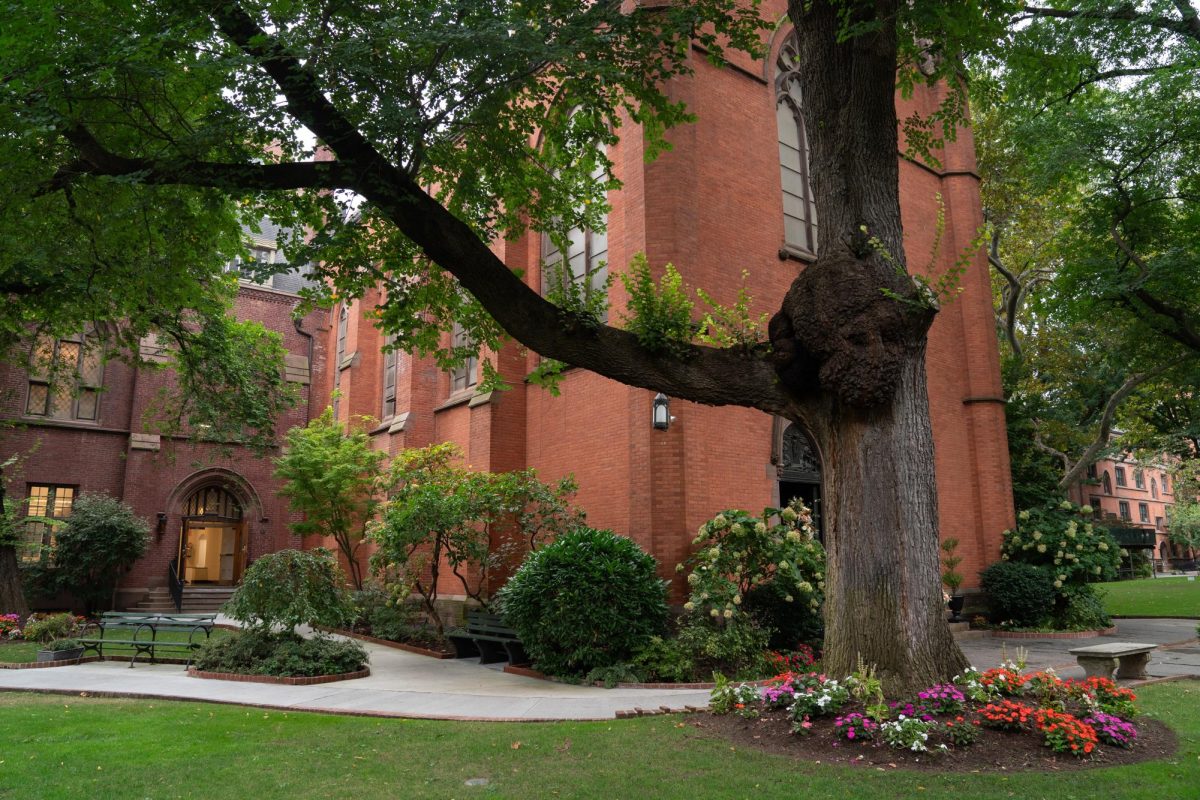After a long day of classes, you decide to go to your dorm for a much-needed break. Just as you begin to relax, you remember that you have a club meeting in 15 minutes. You frantically make your way across campus to Featheringill Hall to attend the meeting, but when you get there, the door is locked. You try to scan in, but the card reader flashes a red light. You hopelessly have to wait for someone to scan you inside the building, but there is no telling when that time will come.
This is a common scenario at Vanderbilt. Many buildings lock past 6 p.m., only granting scan access to buildings that host classes for a student’s declared major. This rule initially makes sense: Once classes are done, there is no reason for the building to have open doors. However, many different events, such as important club meetings, take place inside these buildings even after they’ve closed their doors.
For example, Featheringill Hall is a frequent host of club meetings — many of which are not related to engineering — that take place after 6 p.m. Unfortunately, the only people who can scan into Featheringill after that time are students whose primary majors are in the School of Engineering. This is not only a problem with Featheringill — it extends to other class-oriented buildings across campus. This barrier to entry causes unnecessary stress to students who are already stressed enough.
The solution to this problem is to grant students access to scan into any building, except for residential buildings, at any time. This change would eliminate the complications of only allowing students of certain majors into certain buildings. The days of seeing students pounding on the doors and struggling to enter a building will be over. Instead, people will be able to roam in and out of buildings without worrying what time it is, giving them more freedom in their day.
Of course, this is not currently a policy due to potential security concerns. School officials likely worry that unchecked access to buildings would lead to unwanted visitors. While that is a genuine concern, it is nothing to worry about under my proposal. For one, residential colleges and dorm buildings would not have this policy, so the buildings that need the most security would still have it. Secondly, aside from student commodore card access, the doors would remain locked. This stipulation means the only people able to access buildings at any hour of the day would be students and staff. By not allowing students to scan into buildings at any hour, Vanderbilt officials are essentially implying that they do not trust their own students to be in buildings on their own campus. The best way for the university to show its trust is by allowing students additional access to non-residential buildings at any hour of the day.
Additionally, providing scan access past 6 p.m. would promote better study habits. By opening up the buildings to students at all hours, students would be encouraged to leave their dorms and study outside of their rooms, making them more focused on their work. This change would also cause students to meet others outside of classes, which would be especially useful given the lack of common spaces in upperclassmen dorms. Opening the doors also allows for safe places for students to meet instead of trekking into the unpredictable city at night.
Another benefit is the potential for increased student safety. For students walking on campus late at night, having scan access to buildings would allow them somewhere to take a safe break indoors. While these new spaces won’t solve the complicated issues of student safety, the policy would definitely help.
Finally, the most important advantage of this proposed policy would be an opportunity to provide students with a comfortable space outside their dorm when needed. For many students, college is the first time in their life that they are living on their own. While this change is very exciting, the overwhelming freedom can lead to students hiding away in the comfort of their dorms. By having more spaces available for students, especially during the evening when students are most likely to feel stuck in their rooms, they will be able to separate themselves from their dorm life. By increasing student access to this resource, we allow them to safely branch out from their tiny dorm space.
Overall, having scan access is vital for the well-being and efficiency of students. By allowing for more freedom to student-accessible spaces, Vanderbilt will project a feeling of trust into its students while giving them more opportunities to escape dorm life. Implementing this policy would make campus life smoother and more connected, which is something that is essential for the prosperity of any university.








